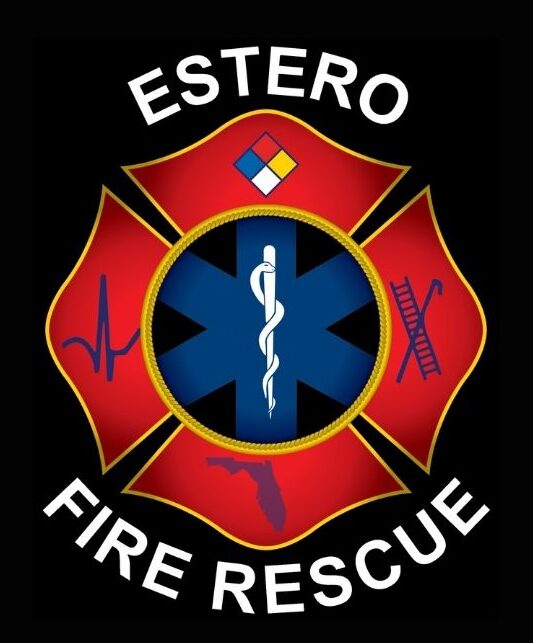College life. There isn’t anything quite like it. It is the beginning of a new life into an adulthood for many college students. For many parents, it is a time of mixed feelings; wanting their child to become independent….but not too independent.
Colleges and universities are busy preparing for the arrival of new residents and students are ready to make the move. Some will be first year students moving into the residence halls. Other arriving students will be moving off-campus and living on their own, some for the first time. For most of these students, the last fire safety training they received was in grade school; but with new independence comes new responsibilities. It is important that both off-campus and on-campus students understand fire risks and know the preventative measures that could save their lives.
Why is this important?
“Talk to your kids,” implored Kimberly Wencl, who lost her daughter, Liz, in an off-campus fire at the University of Minnesota. “They think they are invincible at this age, but they aren’t. We all have a responsibility as parents, schools and communities, but in the end it all comes down to our children taking responsibility for their own safety and actions, but only if they know what to do. Talk to them.”
Each year, there are thousands of fires both on- and off-campus at our nation’s campuses and it is critically important that students and parents are made aware of their personal responsibilities. It is also vital that parents are involved in helping their children choose fire safe housing.
Since January 2000, 134 students have died in campus related fires, according to statistics compiled by Campus Firewatch. Over 80 percent of those deaths were in off campus housing. Four common factors in these deadly fires were a lack of automatic fire sprinklers, missing or disabled smoke alarms, careless disposal of smoking materials and impaired judgment from alcohol consumption.
Campus fire safety has become an important issue across the nation. Now in its fifth year, National Campus Fire Safety Month has provided an opportunity for schools and communities across the nation during September to educate students about the dangers of fire and their role in creating a fire-safe environment. This effort is being led by a coalition of campus fire safety organizations that includes Campus Firewatch (www.campus-firewatch.com), the Ohio Fire Safety Coalition (www.ohiofsc.org), and the Congressional Fire Services Institute (www.cfsi.org) along with numerous supporting organizations. The launch of National Campus Fire Safety Month 2009 will take place this year on September 17th in Washington, DC on Capitol Hill.
So what can you do?
If you talk, they will listen…..really. Talk to your child about taking responsibility for their safety. Develop a fire prevention plan and an evacuation plan that includes planning escape routes and taking fire alarms seriously. Become a safety inspector. Tour the living area with your child and make note of items like smoke alarms, fire extinguishers and lighted exit signs. Perform a ‘home inspection’ for fire and safety hazards. Look for blocked exit ways or crowded corridors and report them to the schools administration. Ask for the schools fire safety plan and safety records and follow up on any items you report to make sure they are corrected.
And students, remember to take your safety seriously. Here are some tips to help make your college experience all that it should be:
If you have any questions about developing a fire safety plan, contact Director of Public Affairs Susan Lindenmuth at 239-390-8000.
For more information on National Campus Fire Safety Month, visit www.campusfiresafetymonth.org or www.campus-firewatch.com.
Candles
- Do not leave candles unattended.
- Keep candles away from draperies and linens.
Cooking
- Cook only where it is permitted.
- Keep your cooking area clean and uncluttered.
- If you use electric appliances, don’t overload circuits.
- Never leave cooking unattended.
- If a fire starts in a microwave, keep the door closed and unplug the unit.
Smoking
- If you must smoke, only smoke outside of the building.
- Use deep, wide, sturdy ashtrays. Ashtrays should be set on something sturdy and hard to ignite.
- It is risky to smoke when you’ve been drinking or are drowsy.
- NEVER smoke in bed.
- Soak cigarettes before emptying an ashtray.
- After a party, check furniture and cushions for smoldering butts.
Escape Planning
- If you have to escape through smoke, get low and go under the smoke to your exit.
- Before opening a door, feel the door. If it’s hot, use your second way out.
- Use the stairs; never use an elevator during a fire.
- If you’re trapped, call the fire department and tell them where you are. Seal your door with rags and signal from your window. Open windows slightly at the top and bottom; shut them if smoke rushes in from any direction.
- If you have a disability, alert others of the type of assistance you need to leave the building.

